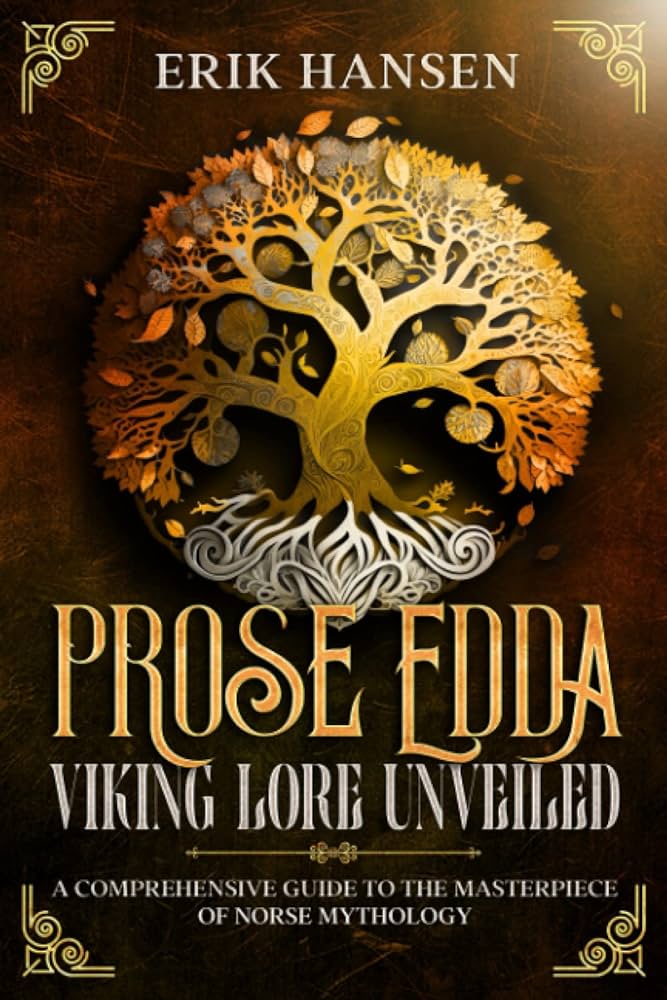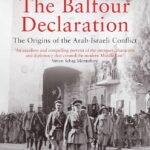Medieval history and fantasy literature are intricately connected, with the latter often drawing inspiration from the former to create rich and immersive fictional worlds. From epic battles to chivalrous knights, the medieval era has provided a wealth of material for fantasy writers to explore and expand upon. Let’s delve into the fascinating link between medieval history and the beloved genre of fantasy literature.
Knights, Castles, and Chivalry
In medieval history, knights were revered figures associated with valor, honor, and prowess in battle. These noble warriors wielded swords and shields, clad in armor as they rode into epic confrontations. Similarly, fantasy literature often features brave knights embarking on quests, defending castles, and upholding codes of chivalry. The romanticized image of the knight in shining armor has become a staple of fantasy storytelling, drawing upon the idealized portrayal of these historical figures.
Magical Realms and Mythical Creatures
The medieval period was a time of superstition and folklore, with stories of mythical creatures such as dragons, unicorns, and griffins capturing the imaginations of people. These fantastical elements have seamlessly integrated into fantasy literature, populating the pages of countless novels with magical realms and mystical beings. In doing so, fantasy authors have brought to life the awe and wonder of medieval myths, breathing new life into age-old legends.
Epic Quests and Heroic Journeys
Medieval history is rife with tales of epic quests and heroic journeys, from the Arthurian legends to the Crusades. In a similar vein, fantasy literature often centers around protagonists undertaking perilous adventures, facing formidable foes, and overcoming incredible obstacles. The timeless allure of the hero’s journey has been a driving force behind many beloved fantasy narratives, echoing the bravery and perseverance of medieval adventurers.
Magic and Sorcery
While medieval history was steeped in religion and superstition, fantasy literature takes the concept of magic and sorcery to new heights. Wizards, witches, and sorcerers wield arcane powers, casting spells and shaping the fabric of reality in fantastical worlds. Drawing inspiration from the mysticism of the medieval age, fantasy authors have expanded upon the notion of magic, infusing their stories with enchantment and wonder.

Credit: www.medievalchronicles.com

Credit: www.amazon.com
Conflict and Intrigue
The medieval era was marked by political strife, territorial disputes, and courtly intrigue. These elements serve as a rich tapestry for the narrative backdrops of many fantasy worlds, where kingdoms clash, power struggles unfold, and dynastic rivalries play out. The echoes of medieval political machinations reverberate in the complex webs of alliances and conflicts woven by fantasy authors, lending depth and complexity to their fictional realms.
Frequently Asked Questions For Medieval History And Fantasy Literature : Unveiling The Legendary Connection
What Is The Significance Of Medieval History In Fantasy Literature?
Medieval history forms the foundation of many fantasy stories, often providing inspiration for magical elements, political landscapes, and epic quests.
How Does Medieval History Influence The Character Development In Fantasy Literature?
Medieval history lends depth and authenticity to characters, shaping their motivations, values, and societal roles within the fantastical worlds they inhabit.
What Role Does Medieval Warfare Play In Fantasy Literature?
Medieval warfare serves as a thrilling backdrop for battles and conflicts in fantasy literature, adding excitement and tension to the narrative.
How Does Medieval Architecture Inspire The Settings In Fantasy Literature?
Medieval architecture, with its majestic castles and sprawling villages, sets the stage for fantastical realms, evoking a sense of wonder and awe in readers.
Conclusion
Medieval history and fantasy literature share a profound connection, with the former serving as a wellspring of inspiration for the latter. By tapping into the majesty, mystery, and grandeur of the medieval world, fantasy authors have crafted timeless tales that captivate readers and transport them to realms where the echoes of history blend seamlessly with the wonders of imagination.
Guest Author Sakhawat-Shuvo wrote and edited this Article based on his best knowledge and understanding. These opinions and remarks are not endorsed or guaranteed by epichistoria.com or EpicHistoria. The Epic Historia does not guarantee this article’s content. Readers should verify and use their judgment before trusting the content. Also, the Images used in this Article are the copyright of their Respective Owners. Please use our Comment Box or Contact Us form to report this content. This information is not accountable for losses, injuries, or damages.

